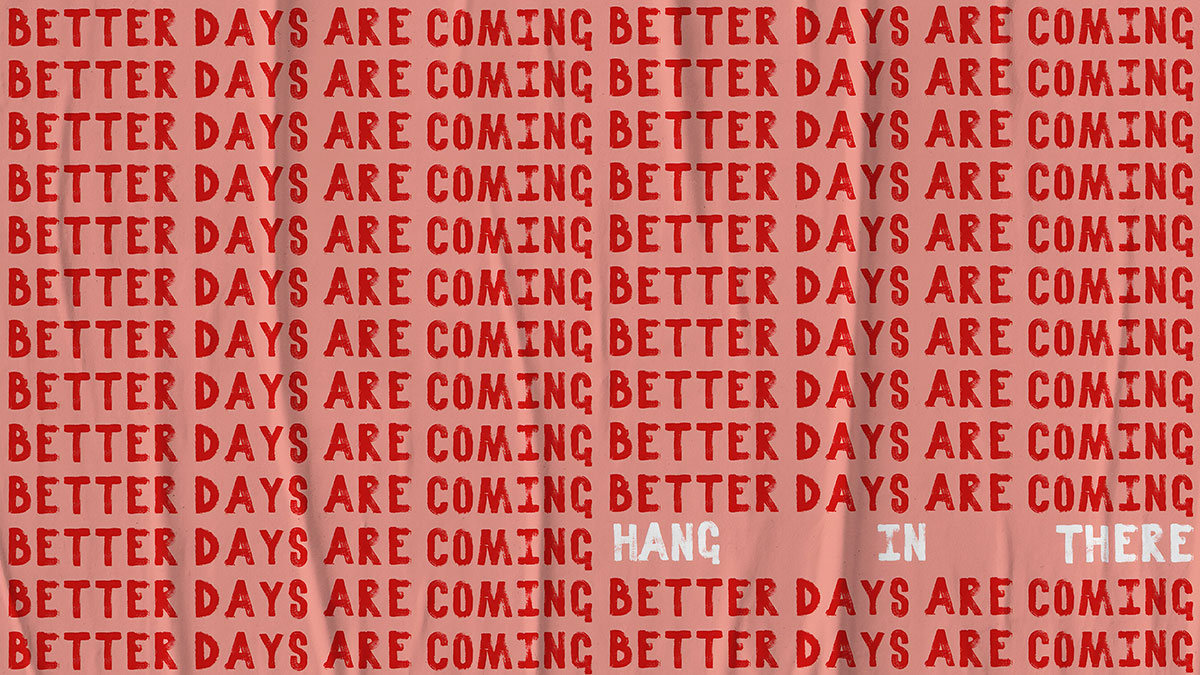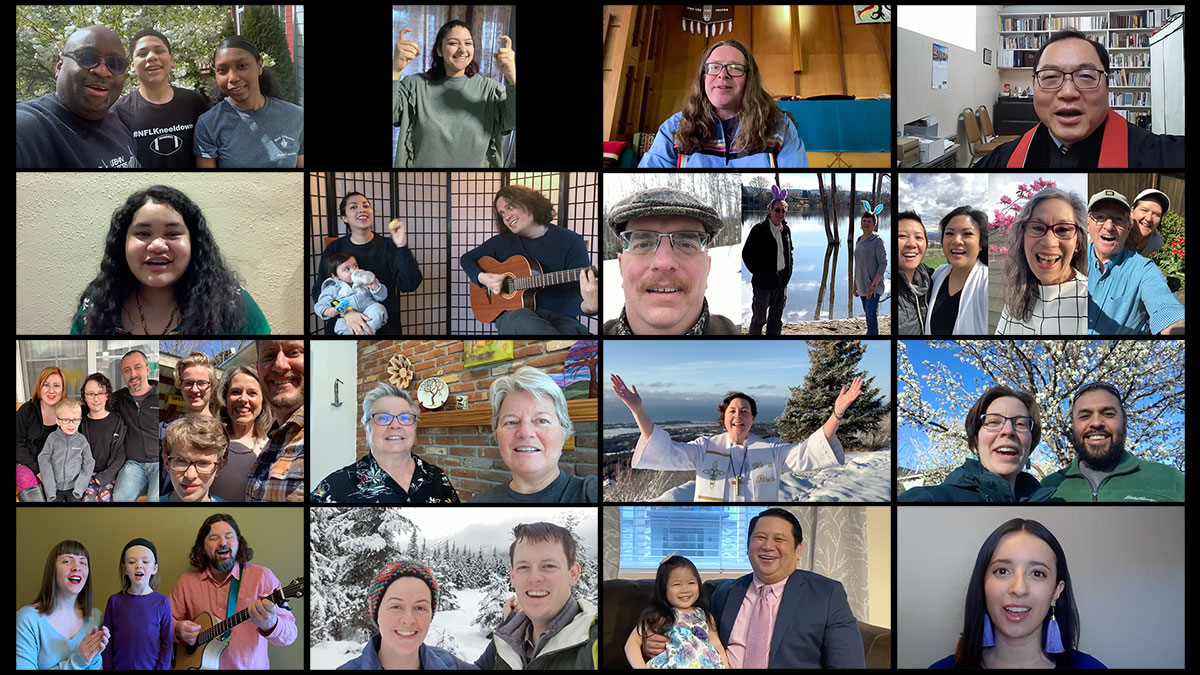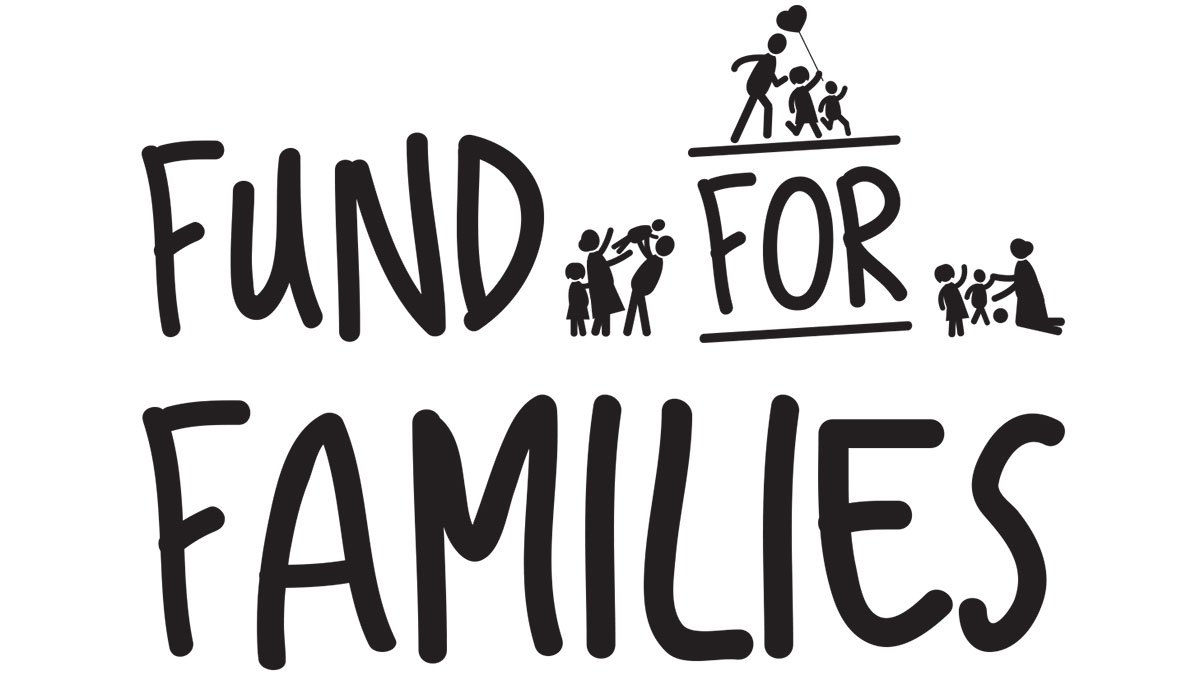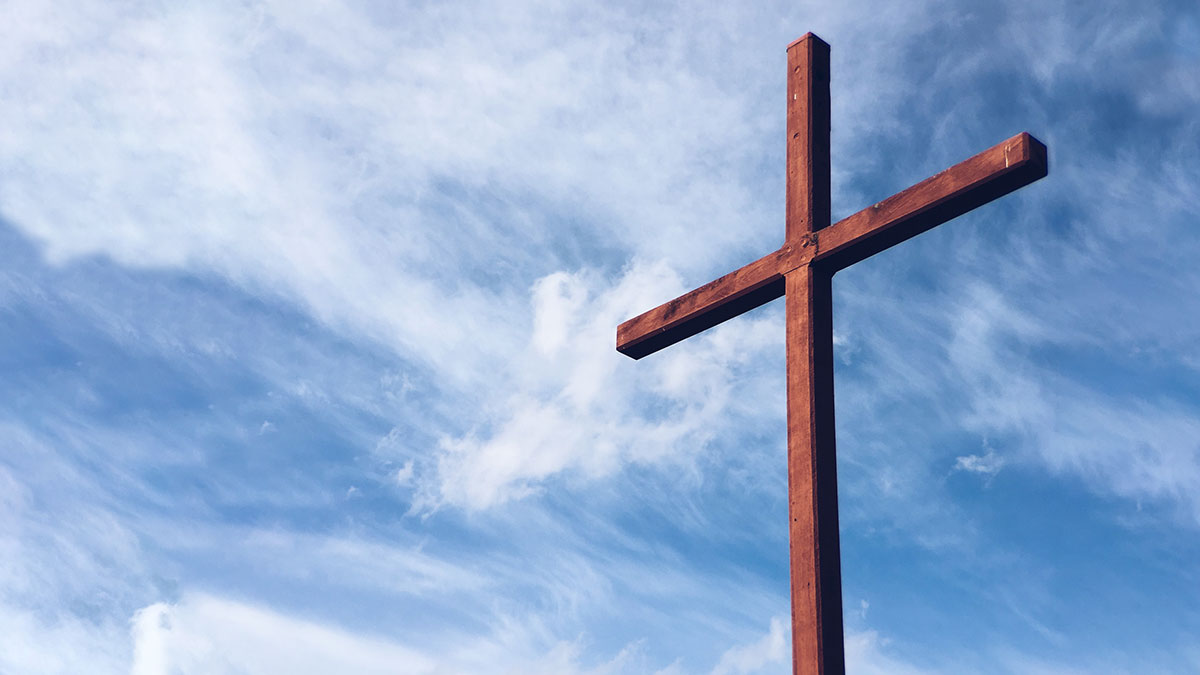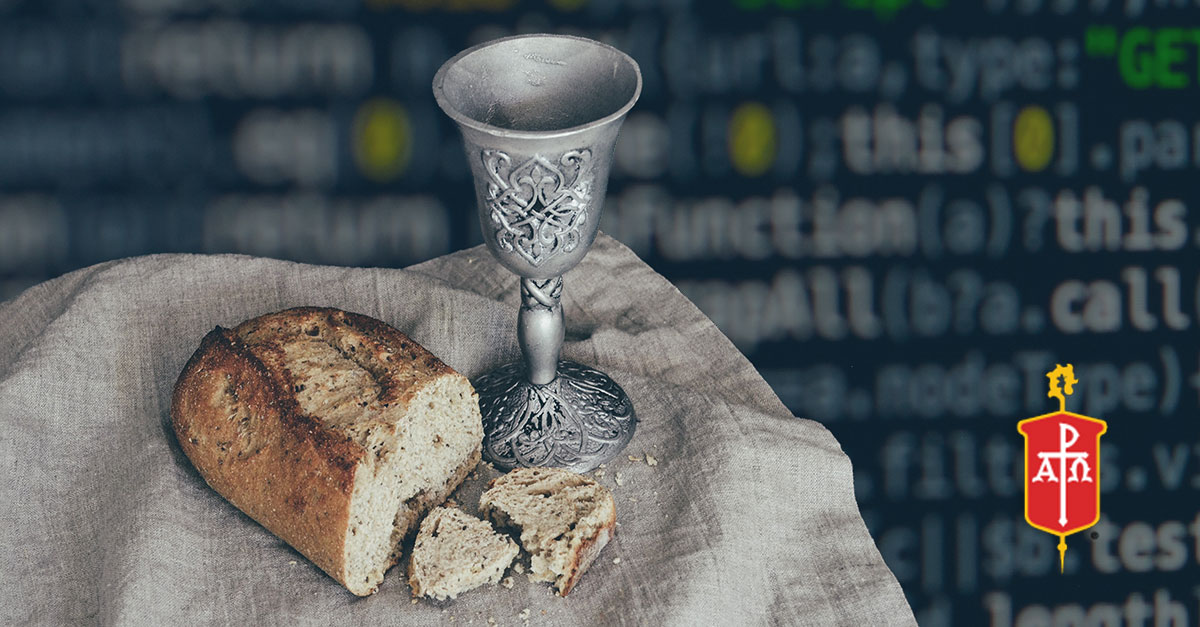Bishop’s COVID-19 Notice #6, May 13, 2020
Bishop’s COVID-19 Notice #6, May 13, 2020
Worship Suspension and Building Closures Extended through June 15, 2020
What Have We Learned So Far from the Pandemic
COVID-19 is opportunistic. It looks for opportunities to jump species, to spread from one person to another.
Some environments provide excellent conditions for the virus to spread. Think of cruise ships, prisons, migrant work camps, nursing homes, an aircraft carrier, homeless shelters, subways, meat packing plants. These were some of the breeding grounds for this deadly disease. And some of the early hot spots for spread of the disease were gatherings of faith communities for worship.
Human behavior can reduce its chances of spreading. In many places public cooperation with extreme government directives have “flattened the curve,” reducing the rate of new COVID-19 infections, deaths and the need for emergency equipment and supplies. This is good news.
At the same time, human behavior can also create opportunity for this deadly virus. Many infectious disease experts are concerned that it may be too soon to relax the restrictions on social gathering, the disciplines of social distancing, hand washing and wearing face masks in public. They anticipate that as people begin to interact in groups again, in close contact with one another, and in enclosed spaces, the spread of the virus may increase again. As people return to these practices, these health care professionals warn, we cannot be certain that the virus won’t rebound.

What Christian Love Looks Like in a Pandemic
We know love by this, that he [Jesus] laid down his life for us –
And we ought to lay down our lives for one another.
1 John 3:16
Followers of Jesus have a high calling to do no harm, to love our neighbors as ourselves, and a sacrificial duty to live for one another. It is the supreme act of love to consider another’s welfare equal to our own, and to live for the good of others, even in preference to our own good. We learned this from Jesus, who for the sake of the joy that was set before him endured the cross,” (Hebrews 12:2b). We are able to accept this high calling, because Jesus went before us, living a life of self-giving love, even at the cost of his life. In Jesus’ resurrection from the dead, God reveals to us beyond the shadow of a doubt that life given to others in love never dies.
In this health crisis, as in most crises of any kind, the most vulnerable persons to the disease are persons who already live on the margins of society with limited resources personal, financial and social resources, or who live with physical, mental or emotional challenges. In particular, we know that persons of color, especially African Americans and Hispanic/Latinx persons, are disproportionately at risk of contracting and dying from the virus.
The only way I can understand my Christian calling in the face of this powerful, stealthy virus, is to do what I can to prevent it from spreading, especially to those most at risk. And the cost to me is small, really:
- stay at home
- wash my hands
- cover my nose and mouth
- don’t shake hands
- give what I can to relieve the suffering of others
- ask the people and churches I am assigned to look after, to take reasonable precautions to keep anyone from becoming ill at a church event or in one of our church facilities.
I hope and pray that you will search your own hearts, ask, What Would Jesus Do? And take on these small sacrifices for the health of the whole community, the whole human family.
‘I would do anything for a do-over’
While Exercising Caution, Churches Should Prepare to Reopen
Many people are eager to return to our church buildings and to the patterns of worship, discipleship and service we know and love. While we wait in expectation for the new opening of our churches, we can prepare now. The opening of churches, as the opening of our communities will be measured and gradual. Soon, we will provide a summary of the phases we expect reopening to follow. There is no timeline, since we can’t know now how the disease will progress.
Each church should be as disciplined and compassionate about reopening as it has been about how to adjust to being closed. You should think as carefully about your neighbors, and the needs of people outside the church as you do about ourselves. Love never ends.
By the end of next week, detailed descriptions of what is required and what is allowed for each phase will be shared. Every church will develop a plan to reopen that conforms to the Phases outlined. You will need to share your plan for reopening with your district superintendent for your church to move from one phase to the next. For now, you might begin to think about who should be part of the planning group, what special challenges to social distancing does your church building present, and what groups use the church building that you need to plan for? You will need to begin your planning meeting by electronic means. What works for everyone? Zoom? Group emails? Telephone conference calls? Facetime? You can begin early to set up the means by which you will meet and work together.
Reopening shouldn’t be an exercise in returning to the way things used to be. It should be planned and undertaken as a creative, intentional process. As with any dislocation, this pandemic presents each church with the opportunity to evaluate how things were, and to make choices about what to return to, and what to leave behind.
Strength for the Long Run
I sent you my first message about COVID-19 on March 5. I didn’t know then that I would need to number these messages. Ten weeks later, this is COVID-19 Notice #6. The beginning of a crisis comes with a rush of anxiety and energy. We all drop what we were doing and turn attention to the present, pressing need of the moment. These long weeks later, with all the adjustments to cancelled school, work from home, closed buildings, suspended in-person worship, no hospital visitation have taken their toll.
I am grateful to each of you who has risen to the challenge and at the same time I am mindful that we all feel the strain at times and may even crumple under the burden. It’s no longer a sprint. We are in a marathon. We need to set a pace we can maintain. We need to make time to pay the bills, do the laundry and vacuum the floors, cut our toenails.
You are precious in the sight of your Creator. Breathe in the breath of life. Breathe out the weariness of the moment.
Death will be no more;
mourning and crying and pain will be no more,
for the first things have passed away….

Bishop Elaine JW Stanovsky
